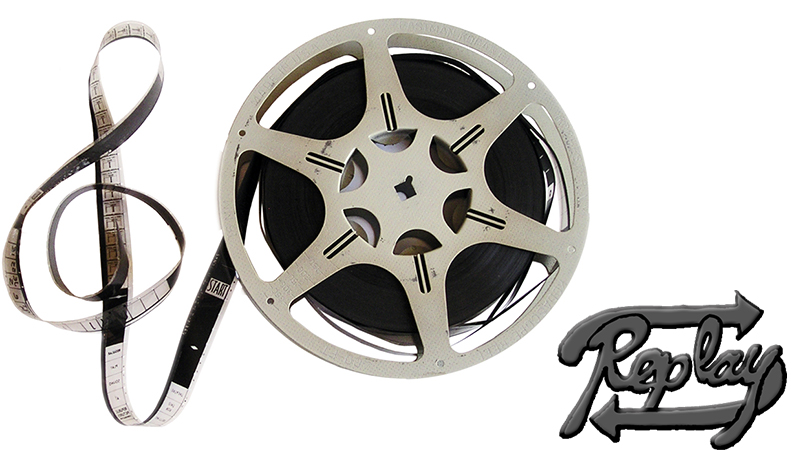Sell Out vs. Sellout
By Roxy Silver
The exhilaration of a concert “sell out” versus the stigma of becoming a “sellout”– what a difference one tap of the space-bar makes. Bands used to avoid the latter like the plague. As famed comedian Bill Hicks put it, any band who licensed their music for a commercial was "off the artistic roll call forever." Microsoft took little risk when it bought the Rolling Stones' hit song“Start Me Up” for its launch of Windows ’95. While each of the Rolling Stones' following concerts were sell outs, many purists claimed that the Stones had done just the same. Yet today’s top-charting music, not so much.
With soundtracks from movies like Frozen and The Lego Movie leading the Billboard charts, the trend is clear. Alternative placement of product in movies, TV shows, and advertising is becoming less and less alternative and more of a necessity. Proven and upcoming acts know that if they stay true to their roots and industry origins, they may find themselves left behind.
Last week’s Hot 100 included two songs in the top 20—Pharrell's "Happy" from Despicable Me 2 and Idina Menzel's "Let It Go" from Frozen, both which made their debut within the respective films. Mark Mothersbraugh composed “Everything is Awesome”, performed by Tegan and Sara with the Lonely Island in “The Lego Movie.” The song hit the Dance/Electronic songs chart at number 11.
Studios have a choice. Director Quentin Tarantino is known for scouring titles to find perfect songs for films like Pulp Fiction and Natural Born Killers. Conversely, Warner Brother’s The Lego Movie and Disney’s Frozen look to trending pop artists like Pharrell or Demi Lovato to capture audiences already secured. These artists also have a choice, but participation is clearly becoming an acceptable option.
Following business trends is just as important to artists as following trends in musical styles and genres—it’s a survival tactic at this point. Consumers are not paying for music very often. Studios, however, are. And within the few categories that listeners are consuming, soundtracks are trending upwards strongly. So to the artists, it’s not necessarily sellout versus sell out—it’s hopefully both.


